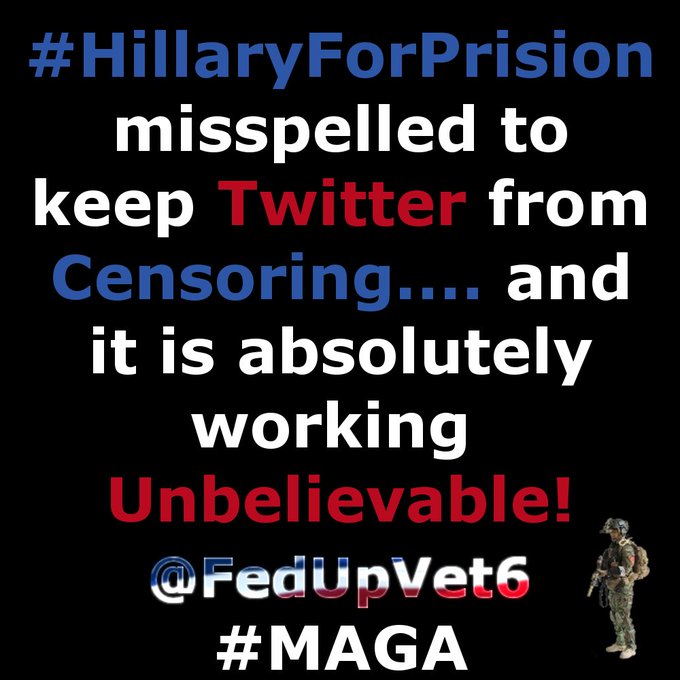"Such a public also has a sense of totality, bounded by the event or by the shared physical space,"
Warner, Publics and Counterpublics.In the case of the election, many, including myself, were bound
by the event of the reveal of the popular and electoral votes. Many were shocked as well as elated by
the results. This public event may have changed how many viewed the history and future of their
country. That night, the DOW dropped by more than 700 points. However, upon the end of this
election the "public" as defined by this event was gone. The public then had to be redefined. According
to Warner, the public at any given time is self organized and thus onlyexists as long as long as this
public is directly addressed or enveloped in their shared experience. Strangers were connected through
technology and their common interest and emotion over the results. Through this event, this public
was engaging with one another, posting on social media, sharing their emotions with their loved ones
as well as strangers, and creating a common discourse that connected them throughout the duration
of this chaotic and surprising elective outcome.
was engaging with one another, posting on social media, sharing their emotions with their loved ones
as well as strangers, and creating a common discourse that connected them throughout the duration
of this chaotic and surprising elective outcome.
I thought of the protests happening because of the election all across the country as a kind of public as
well. These individuals were feeding into their own, shared, common discourse. These groups are
collaborating through what Warner defined as spin-offs of "conversation, answering, talking back,
deliberating." These groups are connected online and in person, as they are using online protest tools
such as CrowdVoice and WeTheProtesters to connect with others that were as empassioned by the
election as they were. However, these protesters could also be considered a counterpublic. Not
necessarily that they do not understand the election process, but that these protesters are active and
wanting to change the outcome for their own well being and the well being of their friends and families.
These individuals are using online and personal means to attempt to change the course of the election
up to this point. I, personally, find this amazing. I see that they are passionate and able to attempt
to change public opinion of the current President-Elect, and thus are engaging in their own discourse
and conversation to work against what they see is a White Supremacist mobilization by Trump and his
followers.
necessarily that they do not understand the election process, but that these protesters are active and
wanting to change the outcome for their own well being and the well being of their friends and families.
These individuals are using online and personal means to attempt to change the course of the election
up to this point. I, personally, find this amazing. I see that they are passionate and able to attempt
to change public opinion of the current President-Elect, and thus are engaging in their own discourse
and conversation to work against what they see is a White Supremacist mobilization by Trump and his
followers.








